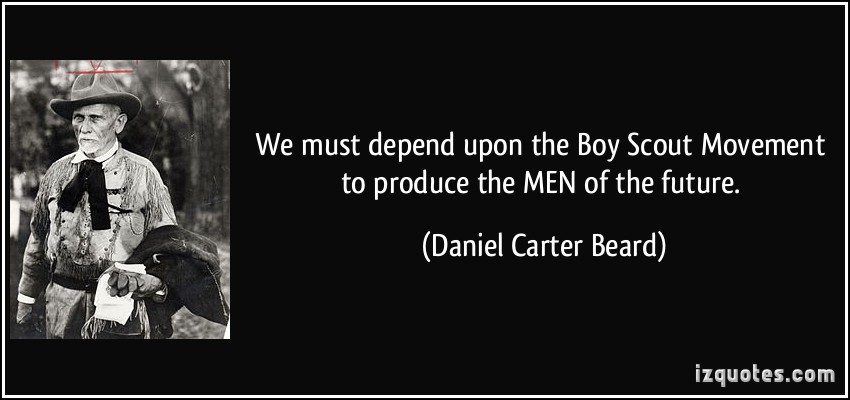
Introduction
From the dawn of humanity up to the rise of Ancient Greece little thought was given to leadership, management, or government styles. To gain power you must be born the right sex, at the right time, to the right family. To retain power you must be strong; you must be brave; and you must make good decisions. The Ancient Greeks were the first to suggest that leadership and power could be shared and delegated rather than dictated and exerted. In 510 BC it became the first state in the world to introduce democracy. Their aims in introducing elections and elected officials were to: lessen the power of the aristocracy; provide more opportunities for people to move up a social class; allow people to change occupation.
Although this change did not signal the end of authoritarian styles of leadership and management, it did usher in a new era where the nature and practice of leadership was open to discussion and analysis. At first this spirit of self-examination was limited to only a few rulers and law-makers however over time, as society, culture and government have developed, there are more people in positions of power. In modern society there are leaders all around us, exerting influence over and having an impact upon our lives. From our local politician, line-leader at work, through to the manager of our favourite football team our lives, well-being and potential are affected by leaders. All leaders have their own unique way of exerting their authority, but most fit somewhere into the 4 main ‘Leadership Styles. Apart from the most gifted and natural of leaders anyone who acquires a position of power or authority naturally fits into or chooses one of these four main leadership styles, or one of the less common ones.
The four most common management styles
Management style 1
Most adults have experience of working for a manager who brings stress into the workplace. If working for this type of manager your complaints might range from feeling over-worked but under-appreciated, to being bullied and intimidated. Being a manager who uses fear and threats to motivate his workers might actually be counter-productive. This was borne out by a study carried out in the USA by the Boy Scout movement, in 1940. Originating in Britain, the Boy Scouts is a worldwide movement that aims to promote: the outdoor life; knowledge of survival skills; and physical, emotional and mental development.

The experiment took place on one of their camping trips to the countryside, where the boys were divided into groups and assigned a leader. The leaders had already been given a management style that they would act out with the group to which they were assigned. It was found that while the subordinates worked hard in the presence of the autocratic leader, their work levels dropped off to almost nothing when the leader’s back was turned. Morale was also very low. The results of this experiment can be extended to the modern workplace where many workers complain of their creativity and output being stifled by managers who do not give room for independent thought and decision-making.
Management Style 2

This management style is typically employed by dominant males who expect their confidence and sense of direction to be met by their workers loyalty and obedience. However, unlike management style 1, this management is style is not completely one way: it demands a certain level of performance and standard from not just the worker but from the manager too. Managers who choose this style will usually reward the hard work of their employees by defending their interests at a senior level and ensuring they receive fair pay and good employment rights. This management style is known to be effective in occupations that do not demand a lot of creative thinking. However, it does not appear to work well in organisations that rely on a workforce of creative people.
Management style 3

This leadership style does not rely on one manager but instead encourages group decision-making and voting to decide on the best course of action. Although one person might be nominated as the manager, they are not considered the leader and their opinion is only one of many. Instead of trying to be a decision maker they are more likely to regard themselves as a facilitator who encourages his/her staff’s ability to think creatively and come up with new ideas or new solutions. This style works particularly well with trusted staff who can be relied upon to motivate themselves and come up with ideas that will drive the business forward. However it can be a mistake to employ this style in companies where there is little need for independent thought.
Management style 4

Arising out of the Laissez Faire management style the fourth, and newest, management style is employed by people who like to take a complete back seat allowing complete freedom for the people they employ. This style grew out of the rise of the internet and the companies that fuelled it. Brands like Google, Apple and Facebook are inspired by ideas and driven forward by innovation. Thus their workplaces foster a positive atmosphere where everyone gets to choose whether to work alone or have their say. With traditional management structures discouraged; to the untrained eye there may appear to be no management at all.
Questions
Match the heading to the management style
A Paternalistic Management style; B Chaotic Management style; C Democratic Management style D Authoritarian Management style
Management style 1
Management style 2
Management style 3
Management style 4
True / False / Not given
- One of the reasons the Greeks introduced democracy was so that people could have more social mobility ____
- Greece was the first democratic country in the world ____
- Leaders like to choose their own management style ____
- All managers choose one of the four common management styles ____
- The Boy Scout movement started in America
- Type 1 managers can make their workers feel less confident, and produce less work ____
- Management style 2 leaders expect their employees to do what they say ____
- Companies that have management style 3 do not have any leaders/managers at all ____
- Management style 4 is the most modern out of the 4 management styles ____
- People enjoy being employed by companies like Facebook, Google and Apple
